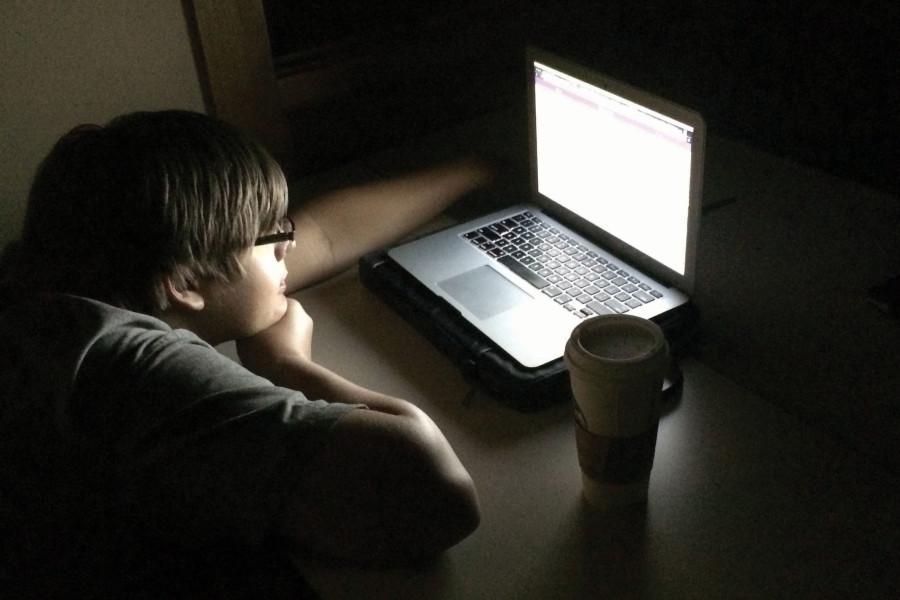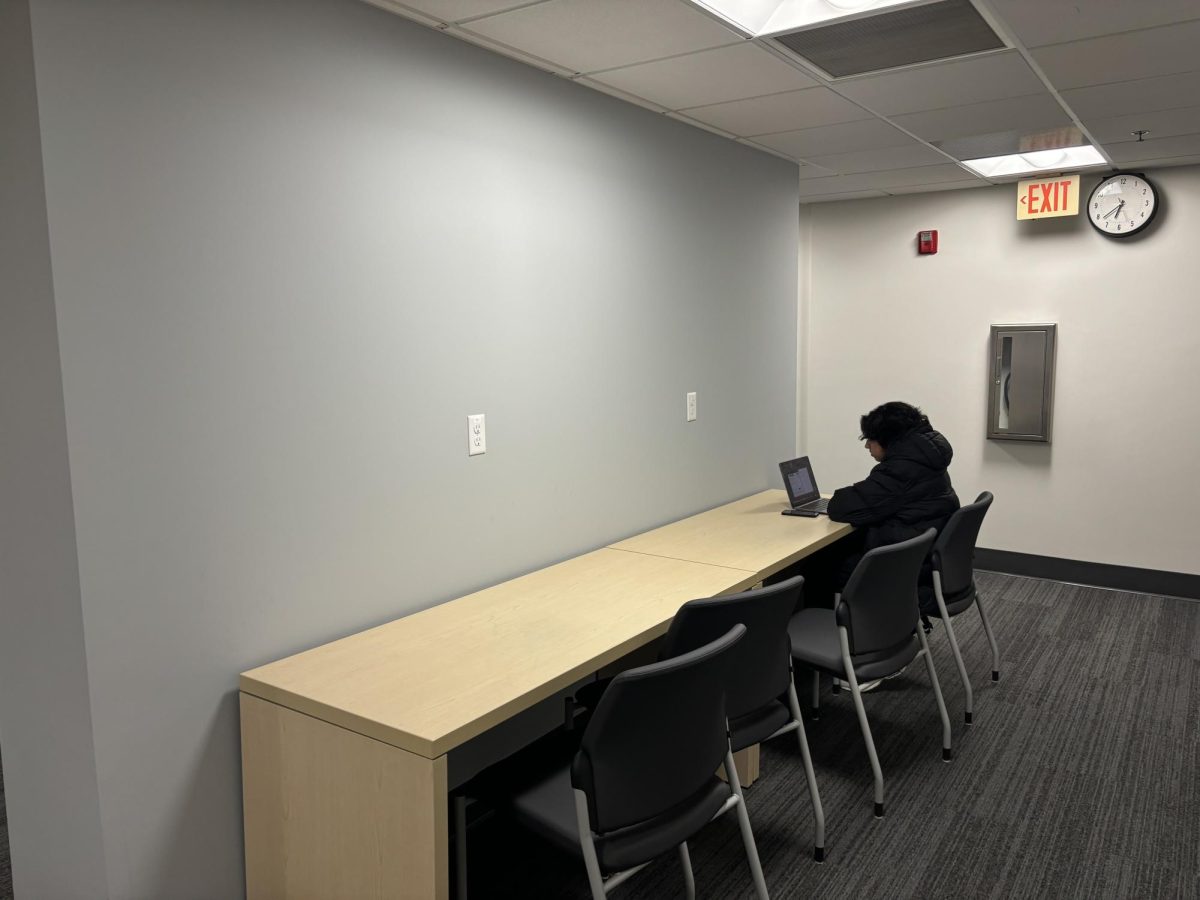In the midst of finals week, many of us have started looking back at our old textbooks and notes from earlier in the year. It’s almost impossible to study enough for every subject you have, no matter what kind of person you are, if you only study during the daylight hours. So you have a choice. Either study for hours on end until the sun rises again, or study a bit and gain a good night’s rest.
Depending on the time or the significance of the test, you can choose which of the two methods will work best. For instance, if you have an early morning test, it may be better to cram at night and some more in the morning before the test. Williams College psychologist Kate Kornell reasons that while cramming can get you through a test, it’s probable you won’t remember anything in the long run. However if there is a greatly weighted test that was announced in class a week before, it’s better to study a bit each night and get the rest one needs.
Before you formulate your decision for how you’ll study in the weeks before finals, think hard on whether or not it’s worth it to cram and not get enough sleep. Andrew J. Fuligni, a professor of psychiatry and biobehavioral sciences at UCLA, stated “If you’re really sacrificing your sleep for that cramming, it’s not going to be as effective as you think, and it may actually be counterproductive.” According to the National Sleep Foundation, teens should be getting 8-10 hours of sleep every night. As high school students, we all know this is nearly impossible to achieve. Sleep helps your brain solidify information you learned during the day, and the closer you get to the recommended amount, the better off you’ll be.
No matter if you’re studying for another one of those measly reading quizzes or if you’re trying to salvage a third quarter chemistry grade, the best option is to get a good balance of studying and resting. Many scientific studies have shown that this method works best for any type of student. From trying this method myself rather than my usual all-nighter, I can assure you that getting your recommended amount of sleep not only does wonders for your body but also for your grades.








